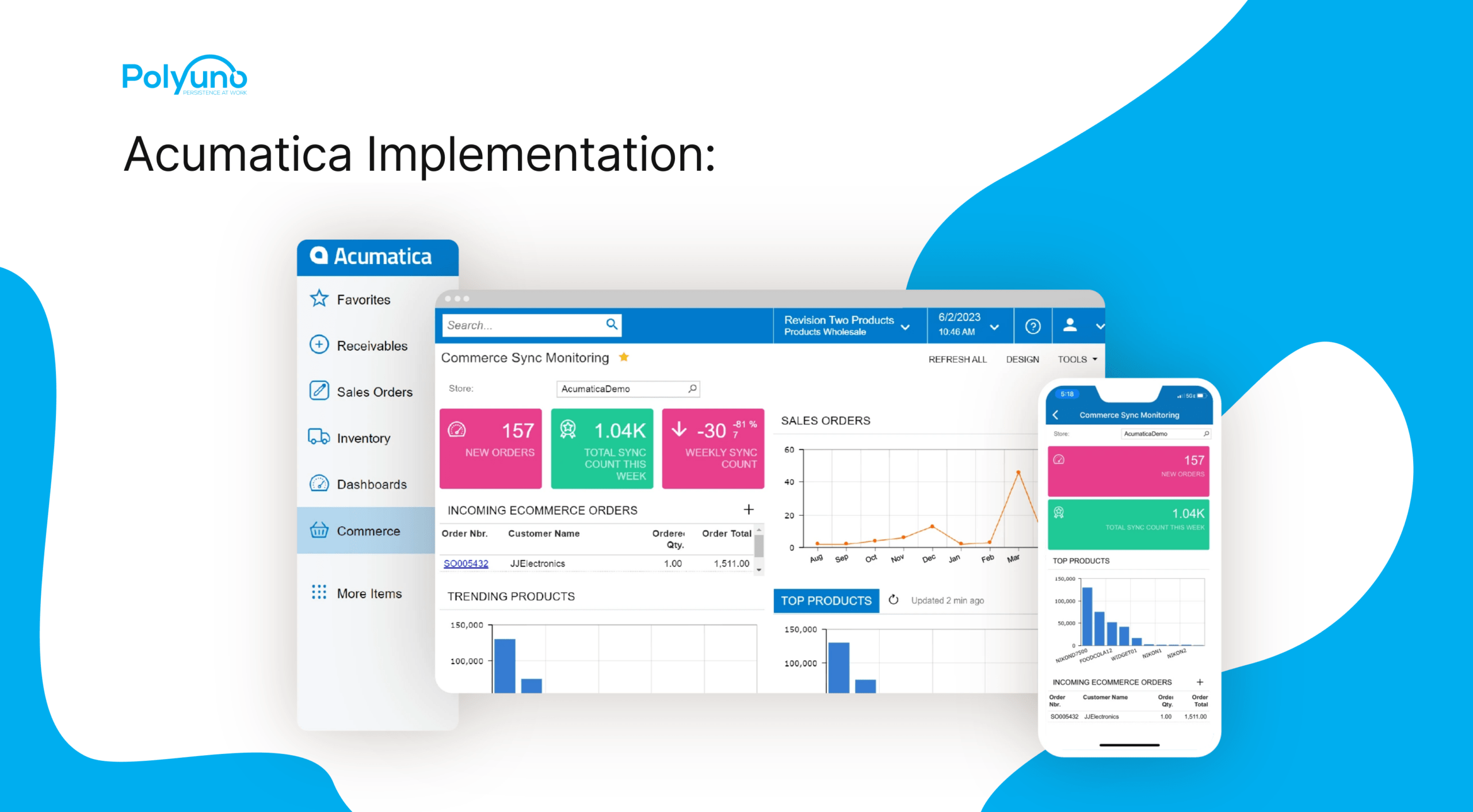ESG reporting requirements are becoming increasingly important for companies around the world. Environmental, social, and governance (ESG) factors are now being considered by a growing number of investors and stakeholders when evaluating a company's performance. As a result, companies are being asked to disclose more information about their ESG practices and performance.
In many cases, ESG reporting is now mandatory for companies in certain jurisdictions. For example, the European Union recently finalized the Corporate Sustainability Reporting Directive (CSRD), which introduces more detailed sustainability reporting requirements for EU companies and non-EU companies meeting certain thresholds for net turnover in the EU. The CSRD entered into force on January 5, 2023 and is substantially more comprehensive than the previous reporting requirements. Similarly, in India, the Securities and Exchange Board of India (SEBI) introduced new ESG reporting requirements in May 2021. In-scope listed entities must submit a business responsibility and sustainability report (BRSR), on a voluntary basis for the 2021-22 financial year and on a mandatory basis thereafter.
ESG reporting requirements are not just limited to Europe and India. Many other countries and regions are also introducing or considering new ESG reporting requirements. As a result, companies need to be aware of these requirements and ensure they are complying with them. In addition, companies should also consider voluntarily reporting on their ESG practices and performance, as this can help build trust with investors and other stakeholders, and ultimately contribute to their long-term success.
What are ESG Reporting Requirements?
ESG reporting requirements refer to the mandatory disclosure of a company's environmental, social, and governance (ESG) risks, opportunities, and performance. These requirements are put in place to provide investors with a more comprehensive understanding of a company's sustainability practices and potential impact on society and the environment.
The reporting requirements cover a wide range of topics, including climate change, human rights, labor practices, and diversity and inclusion. Companies are required to disclose their ESG practices in a standardized format, which allows investors to compare the ESG performance of different companies.
The reporting requirements are driven by the growing demand from investors for more transparent and reliable information on a company's sustainability practices. Investors are increasingly factoring ESG considerations into their investment decisions, as they recognize the potential risks and opportunities associated with ESG factors.
The reporting requirements are also an important tool for companies to manage their ESG risks and opportunities. By disclosing their ESG practices, companies can identify areas for improvement and implement strategies to enhance their sustainability performance.
In summary, ESG reporting requirements are a set of mandatory disclosures that provide investors with a more comprehensive understanding of a company's sustainability practices and potential impact on society and the environment. These requirements cover a wide range of topics and are driven by the growing demand from investors for more transparent and reliable information on a company's ESG performance. The reporting requirements are also an important tool for companies to manage their ESG risks and opportunities.
ESG Reporting Regulations
ESG reporting regulations have become more stringent in recent years, with both the EU and the US implementing new requirements. These regulations aim to increase transparency and accountability for companies regarding their environmental, social, and governance practices.
EU Regulations
The EU has finalized the Corporate Sustainability Reporting Directive (CSRD), which will introduce more detailed sustainability reporting requirements for EU companies, non-EU companies meeting certain thresholds for net turnover in the EU, and companies with securities listed on a regulated EU market. The CSRD aims to harmonize sustainability reporting standards across the EU and increase the quality and comparability of sustainability information disclosed by companies.
The CSRD requires companies to report on a range of sustainability topics, including environmental, social, and governance issues. Companies must also report on their sustainability targets and progress towards achieving them. The CSRD also requires companies to disclose their business relationships and supply chain information.
US Regulations
In the US, the Securities and Exchange Commission (SEC) has issued guidance on ESG reporting, which encourages companies to disclose material ESG information in their annual reports. The SEC has also proposed a rule that would require public companies to disclose information about their human capital management practices, including workforce demographics, turnover, and training.
Additionally, the Sustainability Accounting Standards Board (SASB) and the International Sustainability Standards Board (ISSB) have developed reporting frameworks that companies can use to disclose their ESG practices. These frameworks aim to provide investors with consistent, comparable, and decision-useful information about a company's ESG performance.
Progress and Compliance
Large companies are expected to lead the way in ESG reporting, but smaller companies are also encouraged to report on their sustainability practices. The CSRD and SEC guidance aims to increase transparency and accountability for companies, but compliance with these regulations is not yet mandatory for all companies.
Overall, ESG reporting regulations aim to increase transparency and accountability for companies regarding their environmental, social, and governance practices. By disclosing this information, companies can build trust with their stakeholders and demonstrate their commitment to sustainability.
ESG Reporting Requirements: Scope and Disclosure Requirements
ESG reporting requirements are aimed at ensuring that companies disclose information about their environmental, social, and governance practices. These requirements are designed to give investors, stakeholders, and regulators a better understanding of a company's ESG performance, risks, and opportunities.
Disclosure requirements for ESG reporting cover a wide range of topics, including water, pollution, biodiversity, value chain, corruption, and bribery. Companies are required to disclose information on their use of water, including their water consumption, wastewater discharge, and water quality. They must also disclose information on their pollution and waste management practices, including their emissions of greenhouse gases and other pollutants.
In addition, companies must disclose information on their biodiversity practices, including their efforts to protect and restore ecosystems and biodiversity. They must also disclose information on their value chain, including their supply chain practices, labor practices, and human rights policies.
ESG reporting requirements also cover corruption and bribery. Companies must disclose information on their anti-corruption and anti-bribery policies and their efforts to prevent and detect fraud and other financial crimes.
Regulations governing ESG reporting requirements vary by country and region. In the European Union, for example, companies are required to disclose information on their ESG practices under the Non-Financial Reporting Directive. In the United States, the Securities and Exchange Commission (SEC) has issued guidance on ESG reporting, but there are currently no mandatory reporting requirements.
Overall, ESG reporting requirements are a vital tool for promoting transparency and accountability in corporate sustainability practices. By providing investors, stakeholders, and regulators with better information on a company's ESG performance, these requirements can help drive improvements in sustainability practices and reduce environmental and social risks.
ESG Reporting: Impacts and Performance
ESG Impacts
ESG reporting has become a crucial aspect of corporate reporting as investors and stakeholders demand greater company transparency and accountability. ESG impacts refer to the positive or negative effects of a company's economic activities on the environment, society, and governance. ESG impacts can be measured through various key performance indicators (KPIs) such as carbon emissions, water usage, employee turnover, and diversity metrics.
Climate risks are a significant ESG impact that companies must address in their reporting. The impact of climate change on businesses is becoming increasingly apparent, and companies must disclose how they are preparing for and mitigating these risks. Human capital and safety are other important ESG impacts that companies must report on. Companies must disclose how they protect their employees' health and safety and provide a safe working environment.
ESG Performance
ESG performance refers to a company's ability to create long-term value while considering its impact on the environment, society, and governance. Consistency is key when it comes to ESG performance, and companies must ensure that their reporting is accurate and transparent. The Global Reporting Initiative (GRI) provides a framework for companies to report on their social responsibility, environmental impact, and governance practices.
ESG topics that companies must report on include their economic activities, net turnover, subsidiaries, and compensation. Companies must disclose their ESG risks and impacts and how they are addressing them. Key performance indicators (KPIs) are used to measure ESG performance, and companies must report on their progress towards achieving their ESG targets.
In conclusion, ESG reporting has become a critical aspect of corporate reporting, and companies must ensure that they are transparent and accurate in their reporting. ESG impacts and performance are essential components of ESG reporting. Companies must disclose how they address their ESG risks and impacts while creating long-term value for their stakeholders.
Conclusion
ESG reporting requirements are becoming increasingly important for companies looking to demonstrate their commitment to sustainability and social responsibility. The regulatory landscape is evolving rapidly, with global standards being developed to form a baseline of sustainability information.
Companies must stay up-to-date with the latest ESG reporting requirements and ensure they are meeting the necessary standards. Best practices for establishing ESG disclosure controls and oversight include regular reporting of ESG information from management, progress against stated goals, and understanding the company's public disclosure posture.
The reporting standards provide specific and detailed requirements to assist companies in determining what specific information to disclose for each topic. Companies must report more broadly on sustainability-focused topics, including environmental matters, social responsibility, and governance.
Implementing ESG in a way that resonates among multiple stakeholders is a challenge that companies must address. ESG is not feasible because it is intrinsically too difficult, and companies must strike the right balance to ensure they are meeting the expectations of all stakeholders.
Overall, ESG reporting requirements are essential to corporate responsibility and sustainability. Companies must prioritize ESG reporting to demonstrate their commitment to social responsibility, environmental sustainability, and good governance.
How Polyuno Helps
Polyuno provides a range of services to help businesses with ESG reporting requirements. They specialize in software development, website and mobile development, marketing solutions, and strategic consulting. Polyuno can help companies to collect, manage, and report on their ESG data using tools and platforms that enable data-driven decision-making and ESG performance monitoring.
Polyuno can provide guidance on how to develop and implement an ESG strategy that aligns with a company's business objectives and stakeholder expectations. They can help identify the most important ESG issues to a business and assist in effectively communicating ESG performance to stakeholders.
In addition to their ESG reporting and materiality services, Polyuno offers a range of other services to help businesses with their digital transformation journeys. They can help companies to develop and implement digital strategies, design and build custom software applications, and create engaging websites and mobile applications.
Polyuno has a team of passionate designers, developers, and consultants who are dedicated to helping businesses achieve their digital transformation goals. They have worked with a range of clients across different industries and have a proven track record of delivering high-quality solutions that meet each client's unique needs.
To learn more about Polyuno's ESG Services, book a call here.




